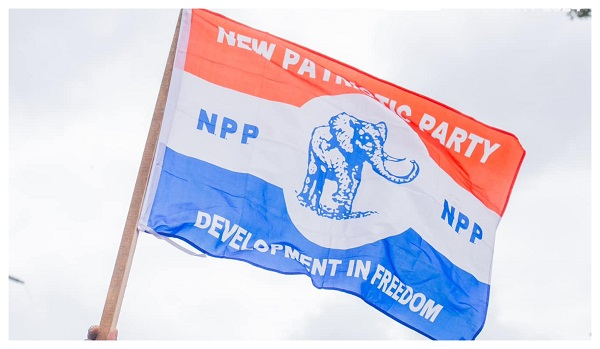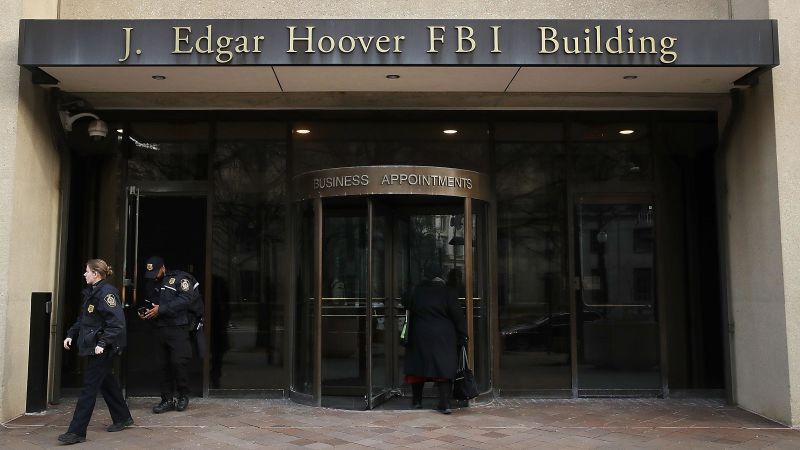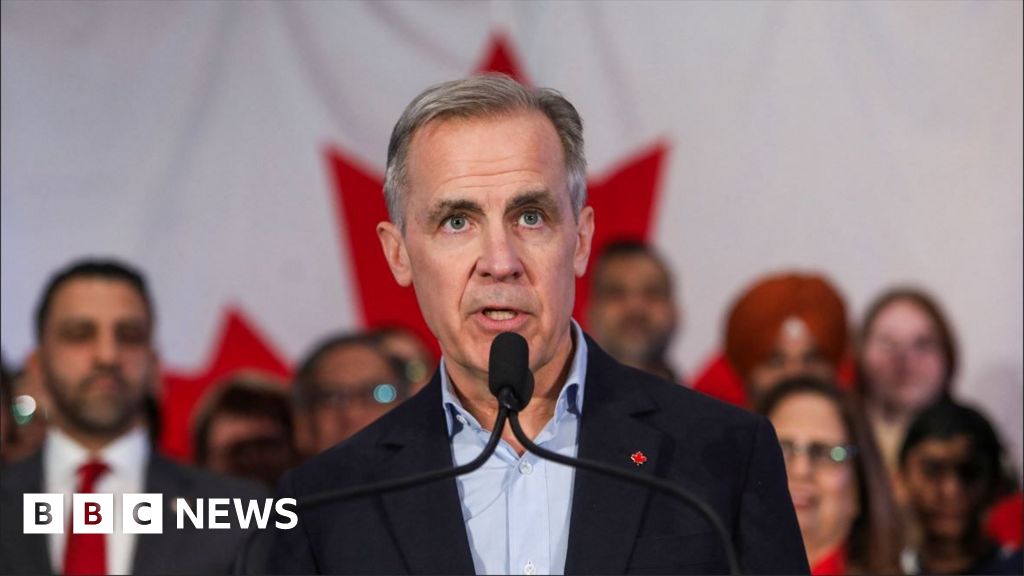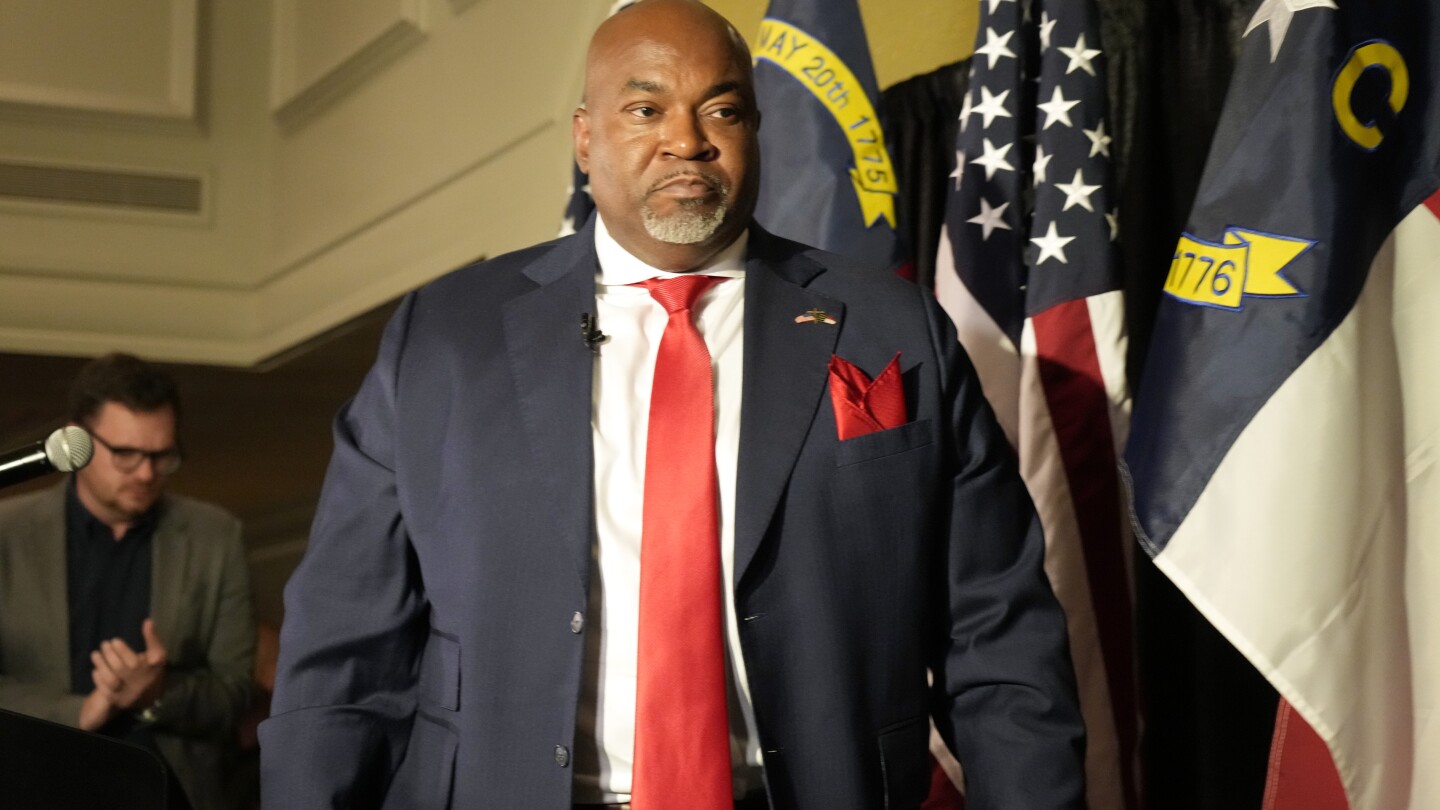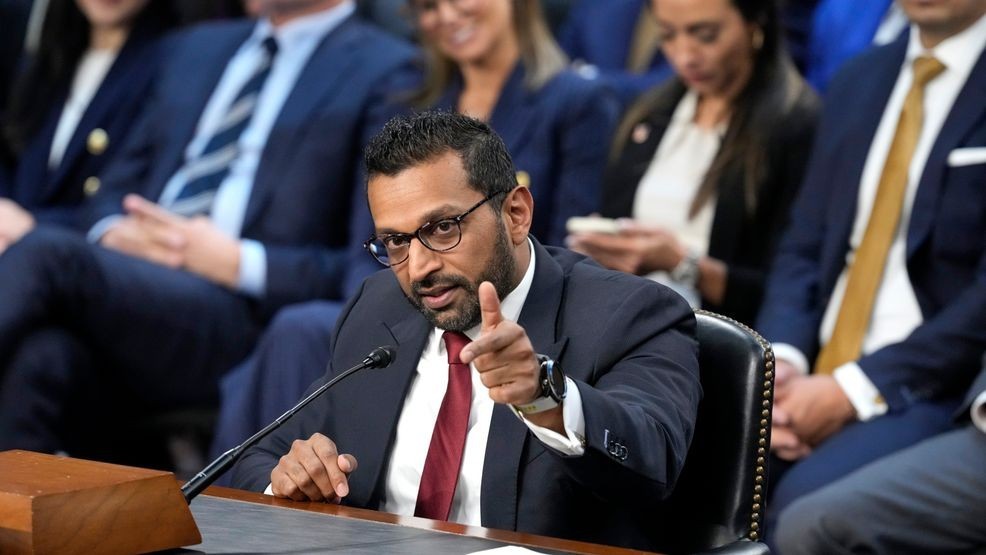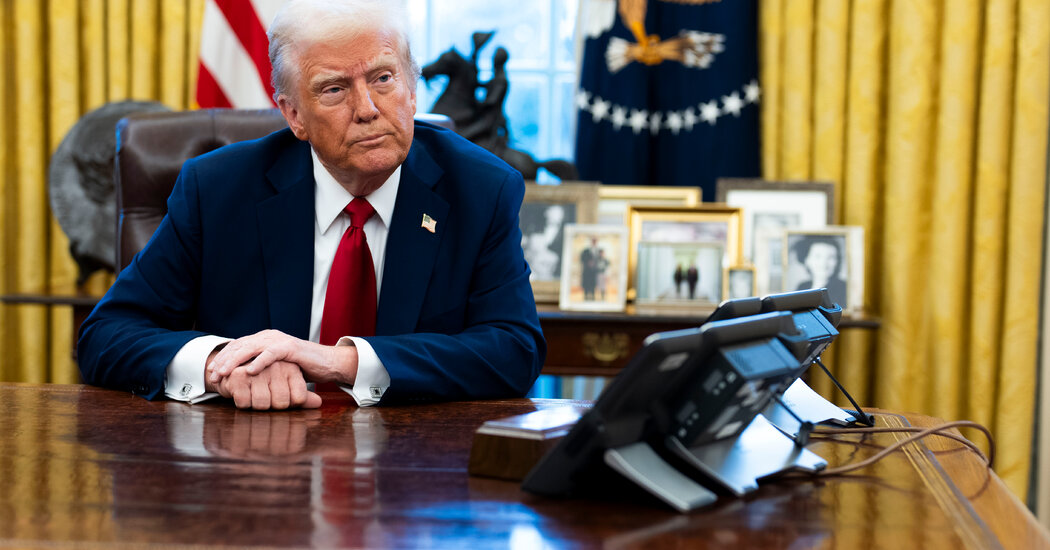President Trump plans to move forward with imposing stiff tariffs on Mexico, Canada and China on Saturday, in an attempt to further pressure America’s largest trading partners to accept deportees and stop the flow of migrants and drugs into the country.
In a news briefing on Friday, the White House press secretary, Karoline Leavitt, said the president would put in place a 25 percent tariff on goods from Mexico, a 25 percent tariff on goods from Canada and a 10 percent tariff on goods from China.
Ms. Leavitt said the president had chosen to impose tariffs because the three countries “have all enabled illegal drugs to pour into America.”
“The amount of fentanyl that has been seized at the southern border in the last few years alone has the potential to kill tens of millions of Americans,” she said. “And so the president is intent on doing this.”
The tariffs are likely to initiate the kind of disruptive trade wars seen in Mr. Trump’s first term, but at a much larger scale.
Mexico, China and Canada account for more than a third of the goods and services imported to or bought from the United States, supporting tens of millions of American jobs.
All three governments have promised to answer Mr. Trump’s levies with tariffs of their own on U.S. exports, including Florida orange juice, Tennessee whiskey and Kentucky peanut butter.
The tariffs will immediately raise costs for the importers who bring products across the border. In the nearer term, that could disrupt supply chains and lead to product shortages, if importers choose not to pay the cost of the tariff. And in the longer run, companies may choose to pass the cost on to American consumers, raising prices and slowing the economy.
Mr. Trump’s desire to hit allies and competitors alike with tariffs over issues that have little to do with trade demonstrates the president’s willingness to use a powerful economic tool to fulfill his domestic policy agenda, particularly his focus on illegal immigration.
“Hopes that Trump’s tariffs threats were merely bluster and a bargaining tool are now crumbling under the harsh reality of his determination to deploy tariffs as a tool to shift other countries’ policies to his liking,” said Eswar Prasad, a trade policy professor at Cornell University.
Mr. Trump said in November that he would put tariffs of 25 percent on Canada and Mexico and 10 percent on China, in an effort to halt the flow of migrants and drugs, particularly fentanyl, into the United States.
The threat set off a scramble from Canadian and Mexican officials, who tried to persuade the administration to hold off on tariffs by engaging in last-minute talks with Secretary of State Marco Rubio and detailing the efforts they were making to police the border.
Auto and energy companies have also been pushing the White House and the administration hard not to apply tariffs.
Mr. Trump’s advisers have been weighing different scenarios, like tariffs that would apply to specific sectors, such as steel and aluminum, or levies that would be announced but not go into effect for several months, according to people familiar with the planning.
Prime Minister Justin Trudeau of Canada, in a post on X on Friday afternoon, said that “no one — on either side of the border — wants to see American tariffs on Canadian goods.” He added that “if the United States moves ahead, Canada’s ready with a forceful and immediate response.”
President Claudia Sheinbaum of Mexico told reporters on Friday morning that the Mexican government had been working for months on a plan to react to possible tariffs. “We are prepared for any scenario,” she said before Ms. Leavitt’s briefing, adding that Mexico was “doing everything in our power” to prevent tariffs. “What do we want? That dialogue with respect prevail.”
At both borders, the number of illegal crossings has dropped sharply.
The number of unauthorized crossings at the southern border in December 2023 reached nearly 250,000, overwhelming the Border Patrol and causing the government to shut down a port of entry. At the northern border, the flow of migrants crossing illegally skyrocketed during the 2024 fiscal year. During that time, more than 23,000 arrests were made of migrants crossing illegally — two years before that figure was around 2,000.
The situation at the border has changed since then.
In December, agents made roughly 47,000 arrests at the southern border and 510 at the northern border.
Speaking from the Oval Office on Thursday, Mr. Trump suggested he was ready to cut off imports from Canada and Mexico, two of America’s closest allies.
“We’ll be announcing the tariffs on Canada and Mexico for a number of reasons,” he said. “I’ll be putting the tariff of 25 percent on Canada, and separately, 25 percent on Mexico, and we’ll really have to do that.”
“We don’t need what they have,” Mr. Trump said. He added that tariff rates could increase over time and suggested that the tariffs might not apply to oil imports, a decision that could avoid a spike in gas prices.
While the United States is the world’s largest oil producer, refineries need to mix the lighter crude produced in domestic fields with heavier oil from places like Canada to make fuels like gasoline and diesel. Roughly 60 percent of the oil that the United States imports comes from Canada, and about 7 percent comes from Mexico.
According to Tom Kloza, the global head of energy analysis at Oil Price Information Service, if fuel producers respond to the tariffs by cutting production, gasoline prices in the Midwest could climb 15 to 20 cents a gallon, with more muted effects in other parts of the country.
The potential economic implications from tariffs are also complicating matters for the Federal Reserve, which is still trying to wrestle inflation down to its 2 percent target. The Fed this week held interest rates steady, after a series of cuts, amid persistent inflation and questions about how the tariffs would play out.
The economic fallout from the tariffs would depend on how they were structured, but the ripple effects could be broad. Canada, Mexico and the United States have been governed by a trade agreement for more than 30 years, and many industries, from automobiles and apparel to agriculture, have grown highly integrated across North America.
Mary Lovely, a senior fellow at the Peterson Institute for International Economics, said the tariffs would be “very costly” for U.S. businesses.
U.S. factories rely on inputs from both countries, including minerals and timber from Canada and auto parts from Mexico. The tariffs would also go against efforts that U.S. companies have made in recent years to move out of China, at the urging of the Trump and Biden administrations.
According to economists at S&P Global, the auto and electric equipment sectors in Mexico would be most exposed to disruption if tariffs were enacted, as would mineral processing in Canada. In the United States, the largest risks would be to the farming, fishing, metals and auto sectors.
Mr. Trump has highlighted the ability of tariffs to protect domestic manufacturers. But on balance, most economists expect fresh trade barriers to raise prices for U.S. businesses and households, which could lead to a temporary burst of higher inflation. Whether that escalates into a more pernicious problem will depend on whether Americans’ expectations about future inflation start to shift higher in a meaningful way.
Over time, economists also worry about the effects on growth, warning that trade tensions are likely to lead to less investment, more subdued business activity and slower growth.
Ernie Tedeschi, the director of economics at the Yale Budget Lab, estimates that a 25 percent tariff on all Canadian and Mexican imported goods — paired with a 10 percent tariff on all Chinese imports — would lead to a permanent 0.8 percent bump in the price level, as measured by the Personal Consumption Expenditures price index. That translates to roughly $1,300 for households on average. Those estimates assume that the targeted countries enact retaliatory measures and that the Federal Reserve does not take action by adjusting interest rates.
Mr. Tedeschi expects this to eventually shave 0.2 percent off gross domestic product once inflation is taken into account.
Mr. Trump’s top economic advisers have refuted the idea that the tariffs would fuel inflation. In the press briefing, Ms. Leavitt said inflation had remained subdued in Mr. Trump’s first term, despite tariffs being imposed. And she said the president was undertaking other policies that would lower inflation, like passing tax cuts and encouraging energy production.
At his confirmation hearing this month, Treasury Secretary Scott Bessent dismissed concerns from Democrats about Mr. Trump’s trade policy, suggesting that exporters from countries such as China would lower their prices in the face of higher U.S. tariffs. Mr. Bessent said last year that it would be prudent if any tariffs were phased in so that any associated “price adjustment” could be absorbed gradually by the economy.
Mr. Trump’s pick to be commerce secretary, Howard Lutnick, also embraced tariffs at his confirmation hearing and pushed back against the notion that they would fuel inflation. He suggested that Canada and Mexico might be able to avoid the tariffs that Mr. Trump was dangling if they closed their borders to fentanyl.
Mr. Lutnick indicated that he believed “across the board” tariffs on countries would be most effective, arguing that China should face the highest rates and that Europe, Japan and South Korea were also treating American industries unfairly.
“We need that disrespect to end, and I think tariffs are a way to create reciprocity, to be treated fairly, to be treated appropriately,” Mr. Lutnick said.
Hamed Aleaziz, Vjosa Isai and Emiliano Rodríguez Mega contributed reporting.
